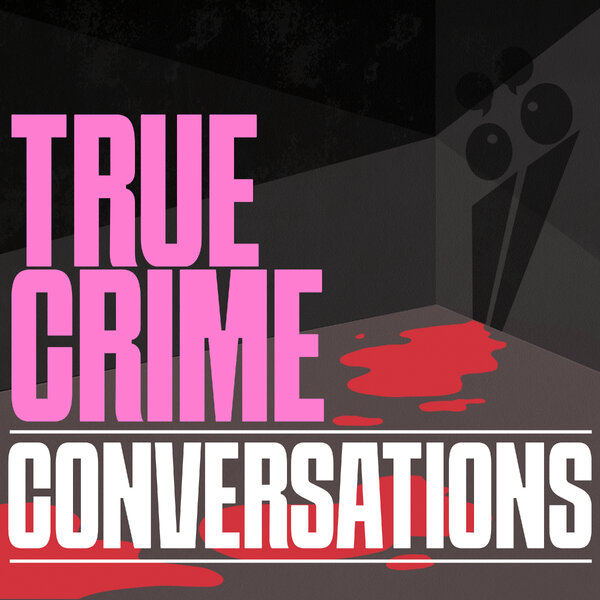When my older sister messaged me over the weekend and told me to get behind a computer screen to read a 7,000-word victim impact statement written by an anonymous rape victim, I wasn’t entirely sure what I was getting myself into.
I had no idea, as I began to read those first few lines, how harrowing a read it would be. I was not prepared for how moved I would be and the scope of pain I would feel for a woman whose name I did not know and face I could not picture.
And I certainly wasn’t aware that I would finish reading it with a violent and simmering pit at the bottom of my stomach, resenting a justice system that failed her so tremendously. A justice system that told her that for all the years it will take her to re-build her life, her rapist will only need months to re-build his.
And I wasn’t the only one who felt this way. CNN news anchor Ashleigh Banfield decided to scrap 31 minutes of her Legal View television broadcast at the weekend and read the 12 page statement. A “gut-wrenching story,” she called it. One that was “riveting” and “important” and one she was determined people heard. The judge lamented the effect a lengthy sentence could have on the accused. Banfield wanted to talk about the impact of all of this on the victim. And she wanted you to listen.
But for all the anger and sadness and outrage we may feel at convicted rapist Brock Turner’s lenient sentence, we cannot feel surprise. And that the justice system’s propensity to protect rapists over their victims is as habitual as it is historically entrenched.





























































































